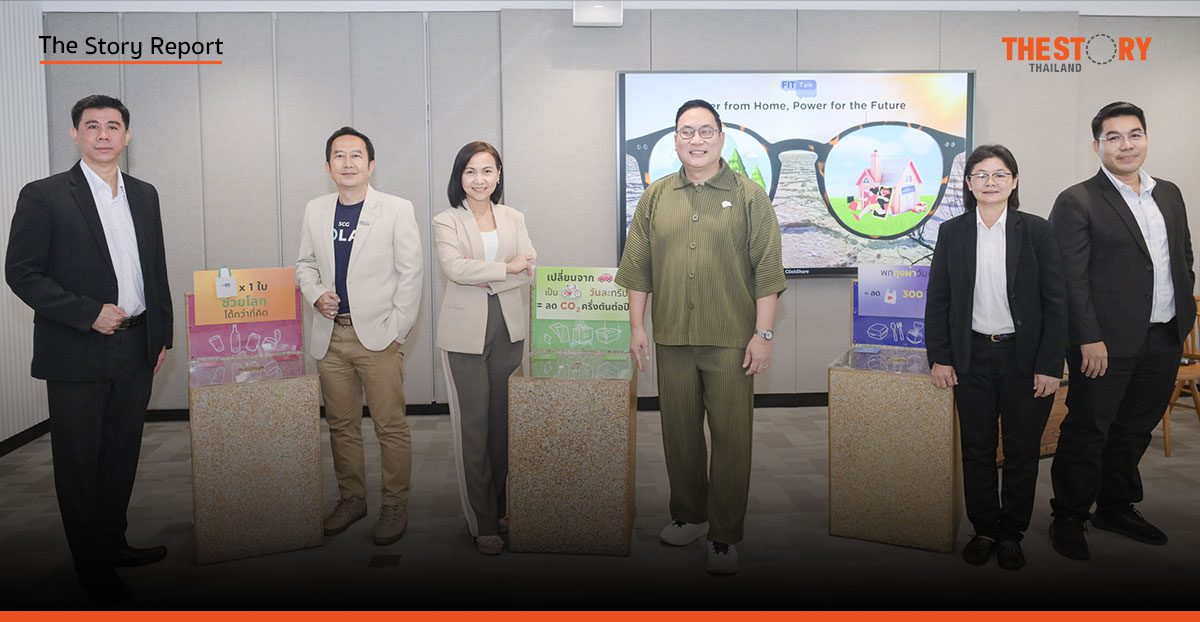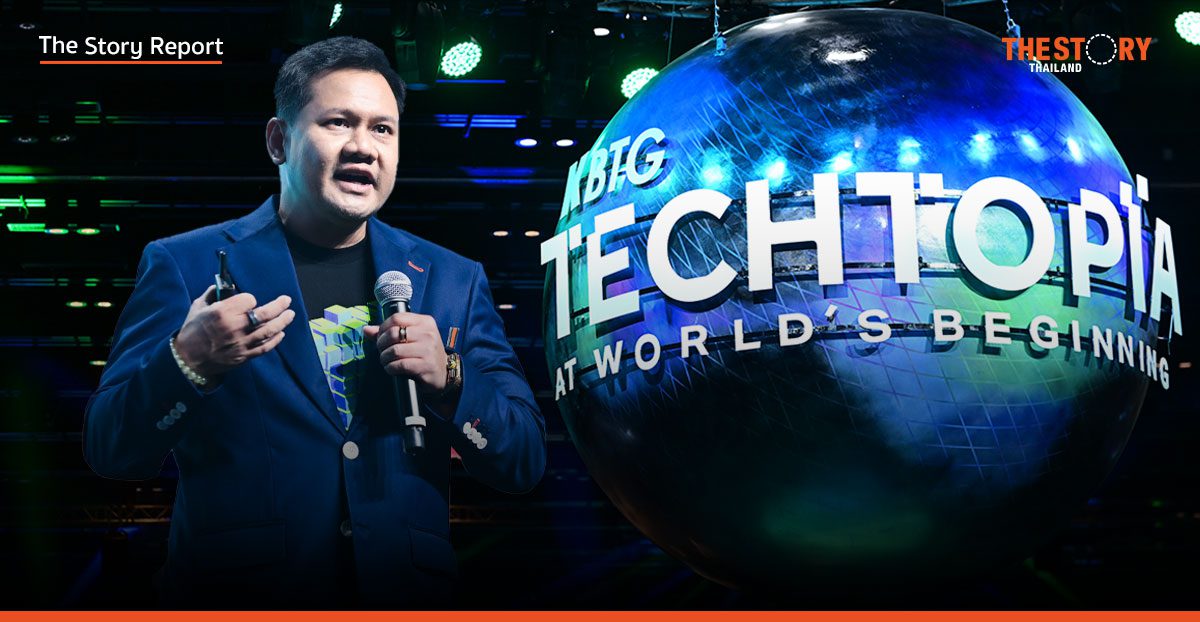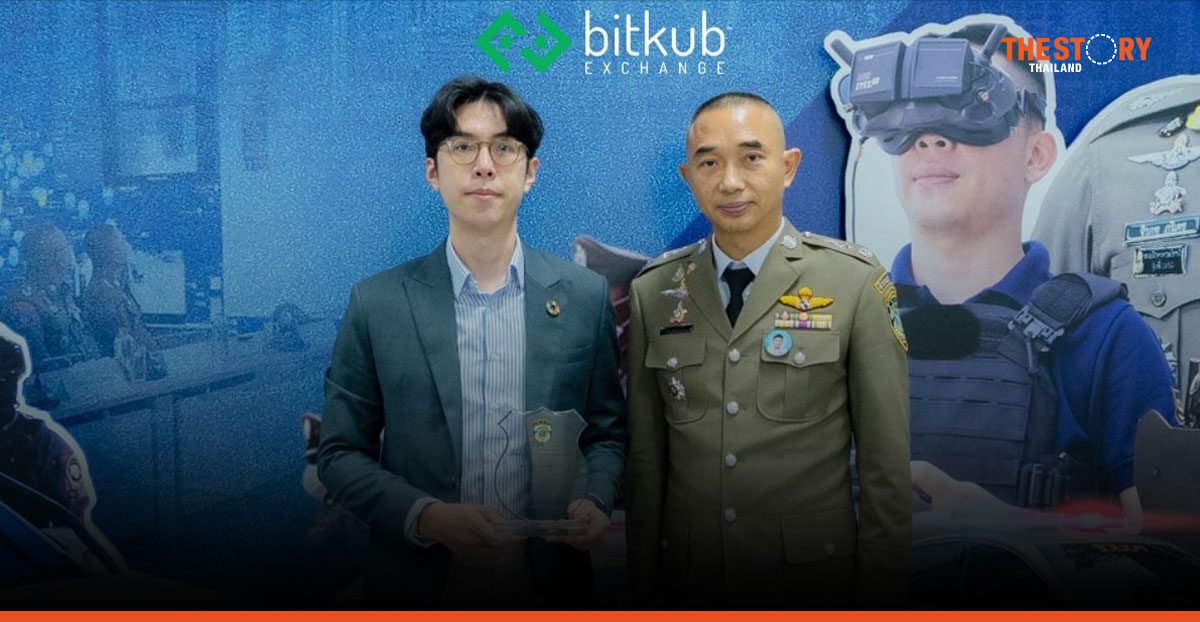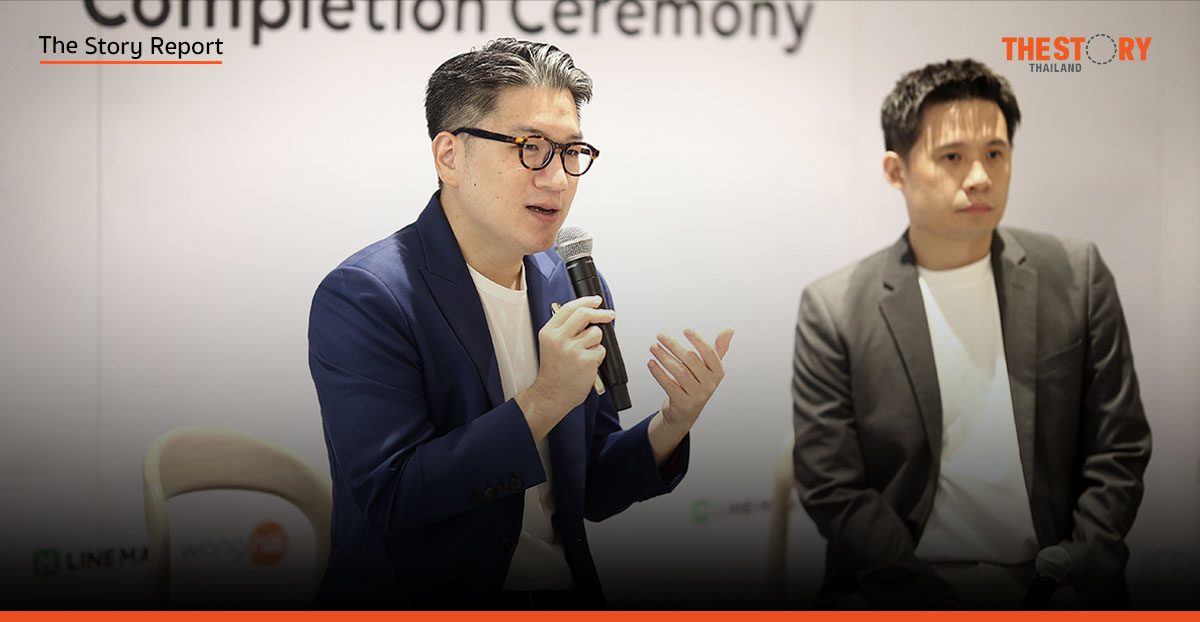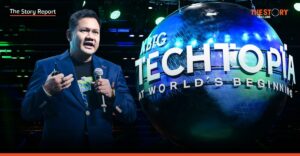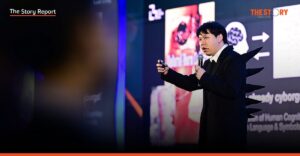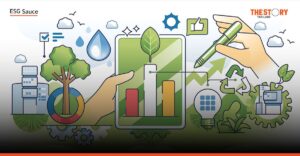In an era defined by pressing environmental and energy challenges, the concept of sustainability has evolved from a corporate buzzword into a national imperative. Affirming this shift, Krungthai Card Public Company Limited (KTC), a leader in Thailand’s consumer finance sector, recently hosted the KTC FIT Talk 19forum, titled “Power from Home, Power for Future.” The event brought together top executives and government officials to map out a future where individual homes become the primary drivers of clean energy adoption and the circular economy.
The dialogue revealed a powerful consensus across sectors: the journey to a sustainable future begins at the front door.
A Unified Vision for Sustainability
The forum established a clear, shared commitment to sustainable development as a core business strategy. Setting the tone, Charuwan Phipatana-phuttapanta, Senior Professional Scientist and Head of the Monitoring and Evaluation Group, Solar Energy Development Division, Department of Alternative Development and Efficiency, framed sustainability not as a choice but a necessity. “Sustainable development is not something we should do, but something we must do to cope with the world’s complex crises, from global warming and biodiversity loss to socio-economic inequality,” she stated.
This government mandate was echoed by private sector titans. Amnuayporn Prakobnoppakao, Executive Vice President – Solar Business of Gulf Energy Development Public Company Limited (GULF), announced energy giant GULF’s ambitious goal to increase renewable energy to 40% of its portfolio by 2035. Representing the housing sector, Krirk Yimpronpipatpon, Smart Residential Director of SCG Living and Housing Solution Company Limited, noted that sustainability has been embedded in the company’s DNA for over 20 years, guided by a philosophy of efficiency first: “You should slim down a ‘fat’ (energy-inefficient) house before adding alternative power sources,” he explained, emphasizing the importance of “Living Comfort” through smart design.
Bridging the gap to the consumer, Rakpong Aroonwatdhana, Senior Vice President – Investor Relations, Strategy and Sustainability, Home Product Center Public Company Limited, positioned his company as a central driver of responsible consumption by making sustainable products both affordable and accessible. Tying it all together, Nattasit Soontranu, Head of Credit Card Marketing at Krungthai Card Public Company Limited (KTC), explained how the financial sector acts as an enabler. “KTC has integrated a comprehensive ESG strategy into every dimension of our business, from using digital solutions to reduce paper waste to launching social initiatives that promote financial literacy and equality,” he said.
The Solar Rooftop Catalyst: A Powerful Investment for the Future
The most significant driver of this household-led movement is the push for residential solar energy. According to Charuwan, Thailand’s electricity consumption is steadily rising, projected to hit 210 billion kWh in 2024. In response, the government is launching a two-pronged strategy: building on the existing “Solar Phak Prachachon” program that buys back excess energy at THB 2.20 per unit, a landmark new incentive is on the horizon.
A personal income tax deduction of up to THB 200,000 for the installation of residential solar rooftops is expected to be finalized by the end of the year. The measure will apply to systems up to 10 kWp using standardized equipment.
The private sector is poised to meet the anticipated surge in demand. GULF, as explained by Amnuayporn, is making a strategic pivot from a wholesale energy producer to a direct-to-consumer retail provider. This move is powered by a synergy with telecom leader AIS under the brand “ONE อาทิตย์” (Sunday). The partnership leverages the AIS Fiber network for stable system monitoring and AIS Shops for nationwide distribution, while also creating attractive “bundle deals” that could pair solar installation with entertainment packages. Crucially, the strategy is built on addressing the number one consumer concern: safety, ensured by using reliable technology from global partners like Huawei.
From a structural standpoint, SCG’s Krek Yimpornpipatpon emphasized that with 80 years of roofing expertise, his company understands every dimension of risk. SCG has developed a meticulous 7-step quality control system called “Smart SA,” where every part of the installation is monitored and approved in real-time by engineers at their headquarters. Furthermore, their installations are designed to withstand severe weather, including wind speeds of up to 120 km/h, far exceeding current norms. This is complemented by the “Smart Living Plus” application, which acts as an intelligent assistant, advising homeowners on how to best utilize surplus energy to maximize their 25-30 year “lifetime value.”
The Circular Economy: Giving Old Goods a New Life
Beyond clean energy, the forum highlighted the critical role of the circular economy. HomePro’s Rakpong pointed to the stark reality of discarded appliances like refrigerators and mattresses clogging canals as the inspiration for their pioneering “Old for New” (Trade-in) campaign.
He described this not as a simple buy-back program, but as a complete “Post-Loop” ecosystem that challenges the traditional “buy-and-sell” retail model. HomePro now manages the entire supply chain, from collecting over 300,000 used appliances last year, to partnering with facilities for proper sorting and disassembly. The recovered materials, known as Post-Consumer Recycled (PCR) content, are then sent to converters and subsequently supplied back to vendors for use in new products sold at HomePro. Looking ahead, the company plans to implement a “Traceability” system, allowing a consumer to see how their old appliance was reborn into a new product, fostering a powerful sense of participation.
Meta and Government partners share 4 top tips to combat job scams
AIS launches ‘AIS Pro’ to elevate Apple customer experience


